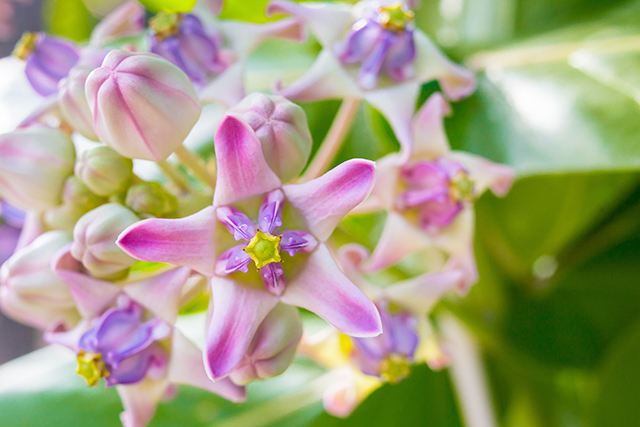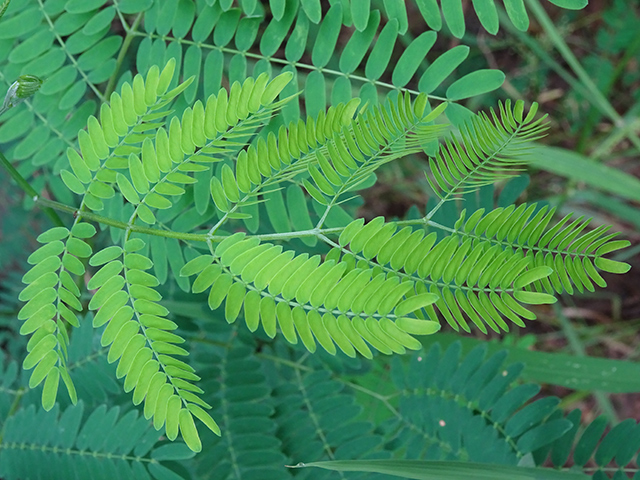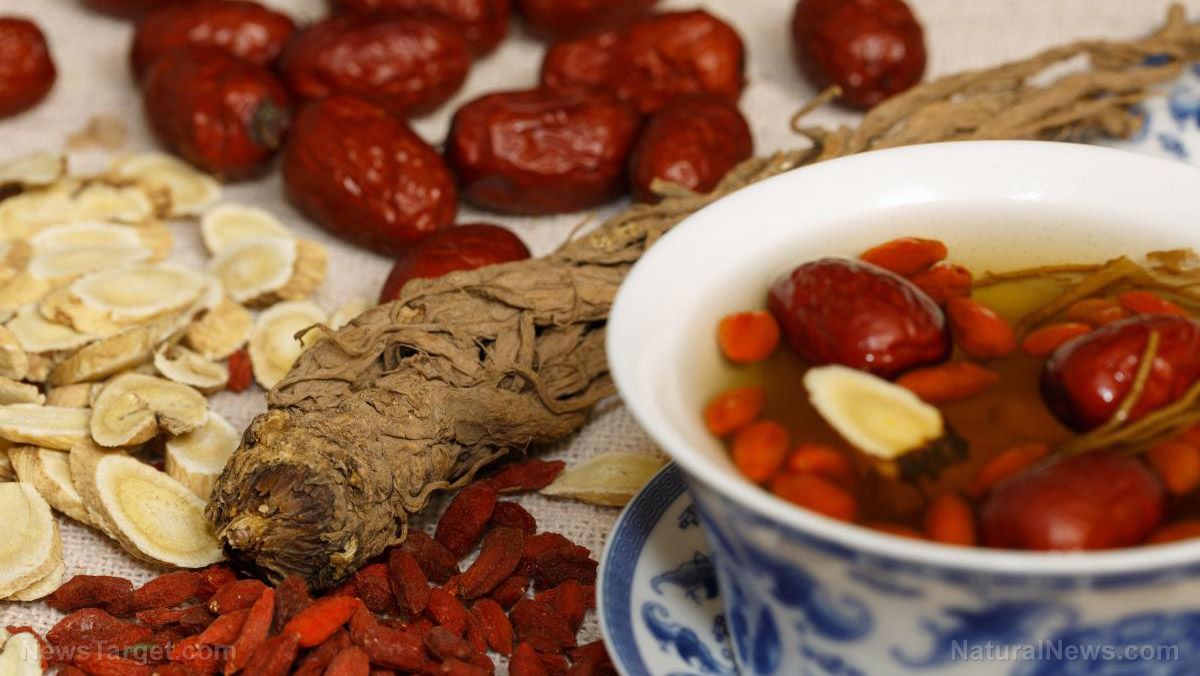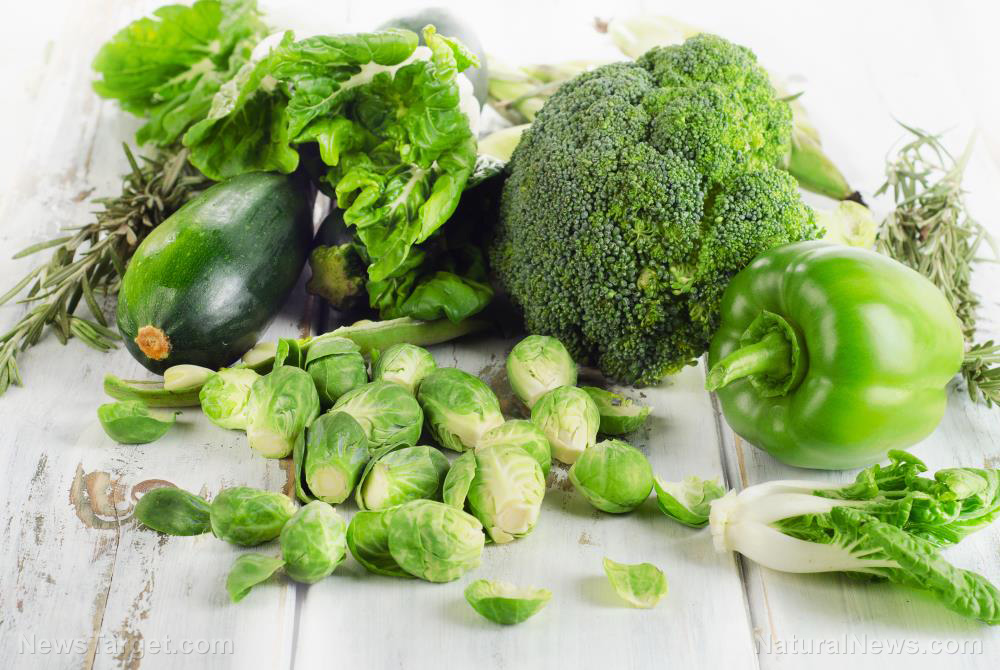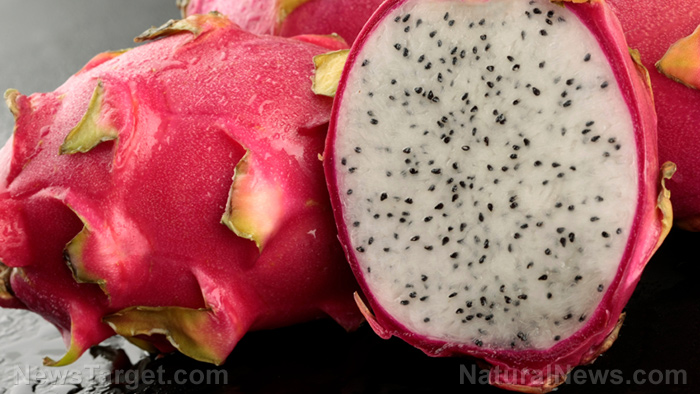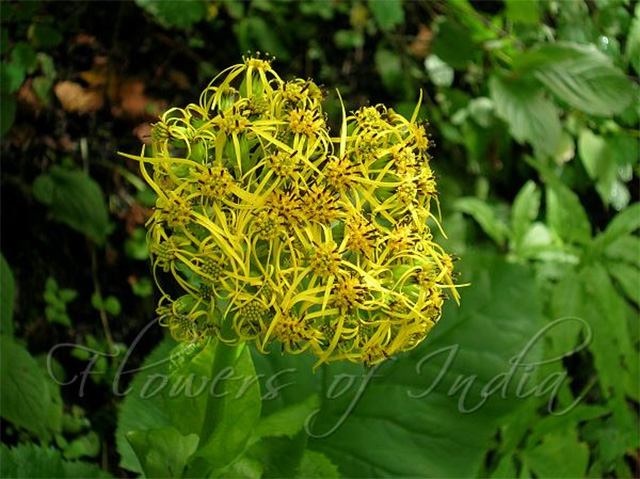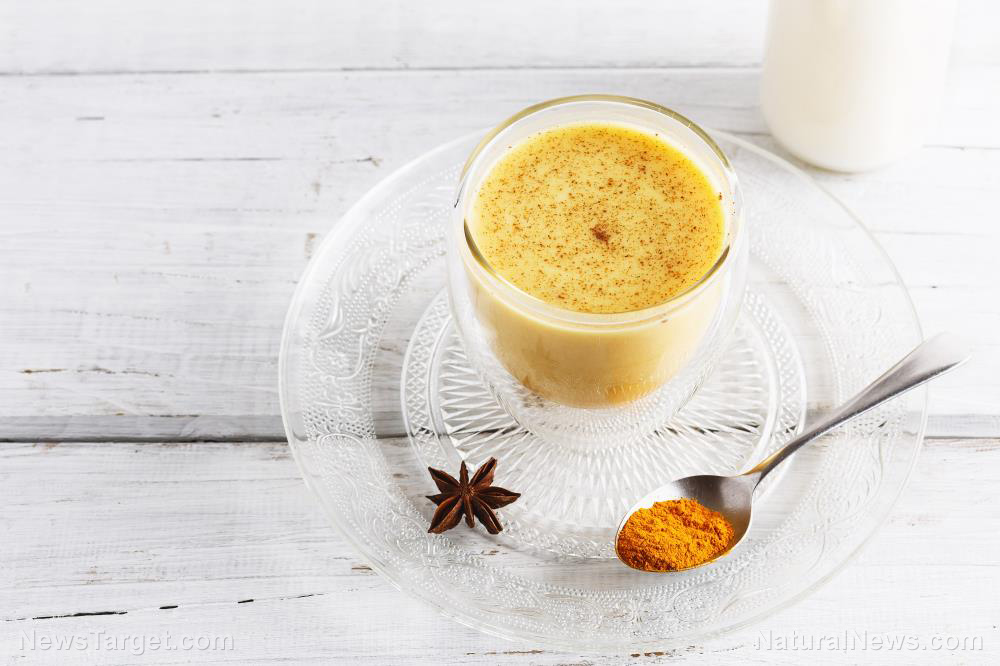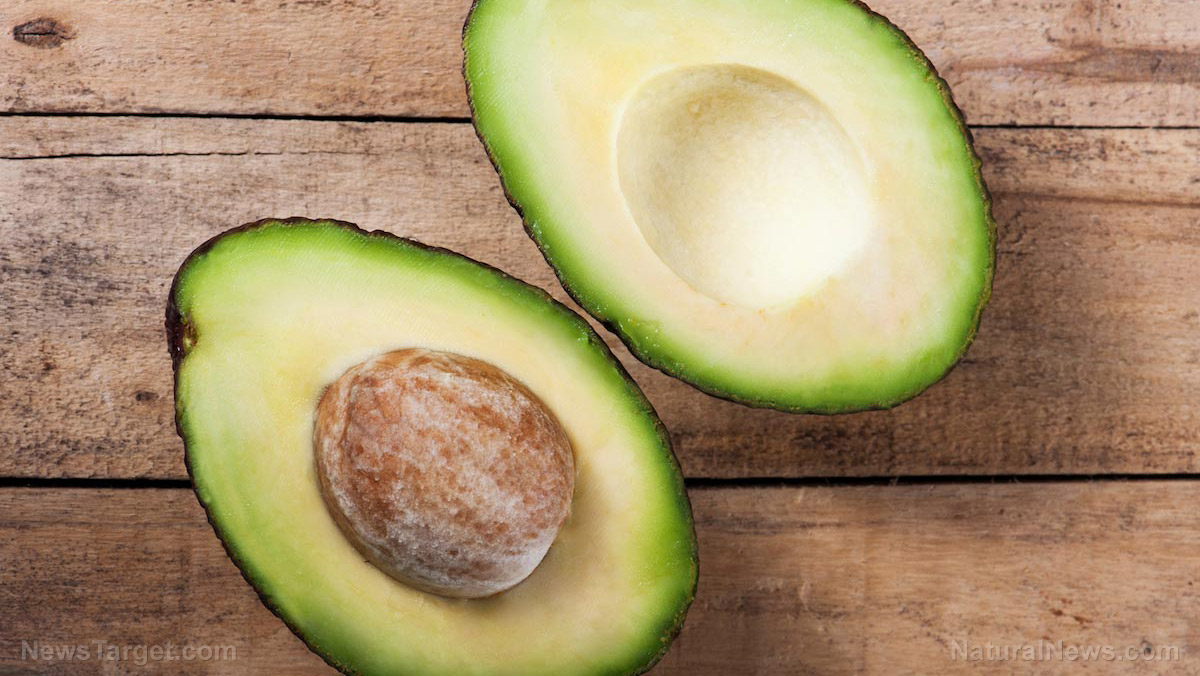Thai medicine’s red physic nut, or wild castor, has a history of use fighting inflammation and cancer
10/15/2019 / By Melissa Smith

Have you heard of the medicinal plant called red physic nut (Baliospermum montanum)? Also known as wild castor, the red physic nut is a leafy stout undershrub plant that grows in the Middle East and Southeast Asia where it is commonly used in traditional medicine. In Thailand, it is used to treat eczema, muscle and joint inflammation, and cancer, and a recent study confirmed the use of red physic nut for treating these conditions.
Researchers from Thammasat University in Thailand looked at the anti-allergic, anti-inflammatory and cytotoxic activities of red physic nut root extract. In the study, they discovered that red physic nut root extract exhibited potent inhibitory effects in all biological activities examined. Therefore, they suggested that it can be a potential source of anti-allergy, anti-inflammation, and anti-cancer compounds.
The results of their study revealed that red physic nut root extract exhibited anti-allergy activity by preventing the release of beta-hexosaminidase, which is a marker of eczema. Additionally, the extract demonstrated three times higher anti-allergic activity than chlorpheniramine, which is an antihistamine drug used to relieve symptoms of allergy. For anti-inflammatory activity, red physic nut root extract suppressed the production of inducible nitric oxide, which promotes inflammation. The extract also exhibited selective cytotoxic activity against the two cancerous liver cells, HepG2 and KKU-M156.
The researchers also isolated the major compounds of the extract and evaluated their activities. They found that the extract’s major compounds exhibited anti-allergic, anti-inflammatory and cytotoxic activities, but their potency was only moderate to low.
From these findings, the researchers supported that the use of red physic nut in traditional medicines for treating eczema, muscle and joint inflammation, and cancer. They published the study in the journal BMC Complementary and Alternative Medicine.
The red physic nut may also protect against liver damage, study suggests
One of the many side effects of taking drugs such as paracetamol is liver damage. In a study published in the journal Ancient Science of Life, researchers from The Maharaja Sayajirao University of Baroda in India assessed the protective effects of red physic nut root extract against liver damage caused by paracetamol in rats.
The researchers first observed the toxicity of ethyl and methanol red physic nut root extract. They orally gave rats with the extracts at a dose of 300 milligrams per kilogram (mg/kg). After 14 days of observation, no deaths in rats were recorded at this dose level. They repeated the procedure, but this time with a dose of 2000 mg/kg. At this dose level, the extracts did not cause deaths, and therefore was considered safe.
The researchers observed nine groups of rats: control, paracetamol, silymarin, and six test groups. The control and paracetamol groups received a placebo treatment, while the animals in silymarin and test groups received three doses of respective test substances: 100 mg/kg silymarin, 50, 100, and 150 mg/kg of ethyl or methanol red physic nut root extracts. Then, they treated the silymarin and red physic nut groups with paracetamol to induce liver damage. Two days after paracetamol treatment, they collected the rats’ blood samples. Then, the animals were sacrificed to remove the liver.
The results of the experiment showed that paracetamol caused liver damage. However, treatment with both extracts restored the changes that the drug caused. The researchers attributed the protective effects of red physic nut extract to its flavonoid content. (Related: Painkiller danger: Studies conclude paracetamol (acetaminophen) taken during pregnancy alters reproductive development of females, resulting in compromised fertility of daughters.)
Find more studies on natural medicines like the red physic nut at Herbs.news.
Sources include:
Tagged Under: allergy, alternative medicine, anti-allergy, anti-inflammation, anticancer, Baliospermum montanum, cancer, cancer cures, cancer treatment, disease treatments, eczema, herbal medicine, Herbs, inflammation, Liver cancer, liver damage, medicinal plants, natural cures, natural medicine, prevention, red physic nut, remedies, research, traditional medicine, wild castor
RECENT NEWS & ARTICLES
COPYRIGHT © 2017 PHYTONUTRIENTS NEWS

